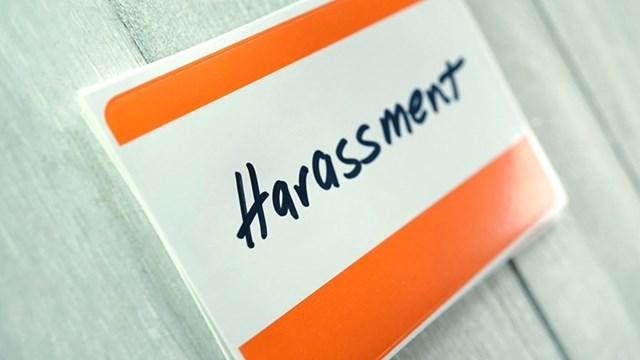
Q We owned a condo in an association for eight years. At the end of 2014, we decided to upgrade, and sold our two (2) bedroom and purchased a three (3) bedroom unit (within 7 days) in the same association. The association assessed us a move-in fee of $500 at settlement. We disputed it at that time, but the association refused to remove it from the settlement fee notice and our choices, as presented by our title company, were to pay it or postpone settlement. We paid it and settled. Afterward, upon checking our master deed, bylaws and rules & regulations, we found only one rule referencing a move-in fee to be assessed to any owner who leased their unit. In accordance with the rules and regulations, page 32, LEASING UNITS, Section 1, subsection B, it specifically states:
".. . .the unit owner shall deliver to the management office a check for $200 representing a "move in-fee" payable to . . .and must be received prior to occupancy by the tenant of the leased unit."
We requested our money back based on this rule, as we do not rent our unit, and were told that a resolution, passed by the board a few years back, increasing the amount from $200 to $500 gave them the authority to collect this fee from ALL new owners as well as existing owners. Here is the wording: "Be it resolved that X Association Board of Directors has set the move-in fee at $500. This is effective immediately except for those units under an agreement of sale and scheduled for settlement who will be paying the previous $200."
We don't feel this resolution gives them authority to collect this from new or existing owners as no new language was added to now include those two classes of condo owners. We then asked for a list of services provided to us for this fee and they were and still are unable to identify even one.
My questions are as follows: Do we have any legal standing or recourse to get this money back?
Is this legal in New Jersey? If the governing documents are the three identified above, is a resolution valid? While the board has the authority to make rules and regulations, does it not have the legal responsibility to release that to all owners with clearly defined parameters within the rules and regulations? And, if they don't? If we paid a move-in fee at our original move-in eight years ago, which we don't recall doing, do they have the right to charge it again? Are there any laws in New Jersey regarding move-in fees? Any guidance or insight you can provide would be very helpful. It's troubling to think that a board would charge an existing member of their community for the privilege to remain a member but in a different condo.
—Confused in Clifton
A “While the questions asked by the reader are too specific to answer without a full review of the facts and governing documents, there are some general principles that can be addressed,” according to Mary Barrett, a shareholder attorney with the law firm of Stark & Stark in Lawrenceville.
“Condominium association boards have the powers and authority given by law and by the governing documents. Boards generally have the authority to make rules and regulations relating to the use of the common elements, and this may include imposing charges for certain conduct or services. Fees charged should be expressly authorized or reasonably related to costs of the association. If the fees are not related to actual costs and if they impact one set of owners differently than another, the fees could be seen as an improper revenue raising device. Rules and policies promulgated by the board should not be inconsistent with the master deed or bylaws. Thus, if the bylaws mandated a $200 move in fee for leased units, the board could not increase that fee without amending the bylaws. A move-in fee imposed by board resolution which is a de facto capital contribution or membership fee is improper as the New Jersey Condominium Act requires such fees to be authorized by the master deed or bylaws. Assuming a move-in fee is properly imposed it could certainly be charged to a unit owner who moves out of one unit and moves into another unit within the community.”






Comments
Leave a Comment